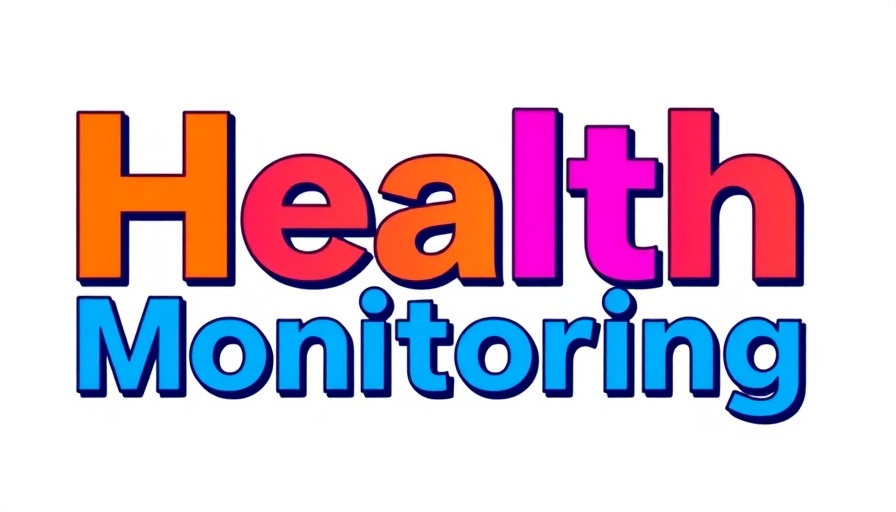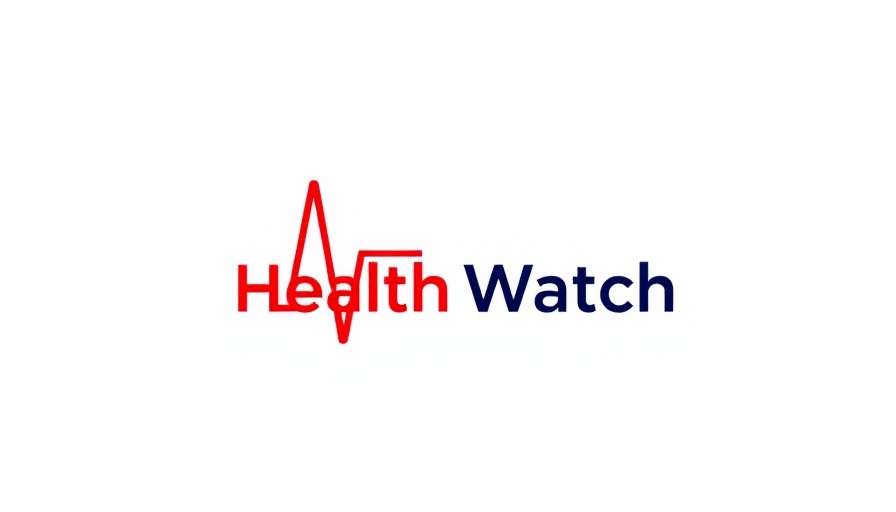
The Growing Concern: Measles in Texas
Measles, once nearly eradicated in the United States, is now making a troubling comeback, particularly in Texas. Public health experts are sounding the alarm as vaccination rates dip below the threshold needed to maintain herd immunity, setting the stage for potential outbreaks. With measles being highly contagious—an infected person can spread the virus to 90% of unimmunized individuals within a community—the consequences of this trend can extend beyond state lines, endangering public health nationwide.
Historical Context: Understanding the Epidemic
Historically, measles was a common childhood illness that had been virtually eliminated in the U.S. by the early 2000s, thanks to effective vaccination programs. However, the resurgence of anti-vaccination sentiments, fueled by misinformation, has led to vaccination rates falling significantly. According to the Centers for Disease Control and Prevention (CDC), Texas has one of the lowest vaccination rates in the country, leaving many children susceptible to this preventable disease.
Why Vaccination Matters: Protecting the Community
Vaccination is a vital tool in public health that not only protects individuals but also prevents outbreaks that can affect entire communities. By preventing measles on a large scale, we protect those who cannot be vaccinated, such as infants and individuals with certain medical conditions. It's a collective responsibility that highlights the importance of achieving herd immunity, a situation where a high percentage of the population is vaccinated, thereby limiting the virus's ability to spread.
Counterarguments: Vaccine Hesitancy and Its Impacts
The rise in measles cases is intertwined with a growing hesitancy towards vaccines. Some parents worry about potential side effects or believe misinformation relating vaccines to other health issues. Looking to the evidence, however, studies consistently show that vaccines are safe and effective. Addressing these concerns with factual information is crucial to changing minds and protecting children’s health.
Future Predictions: Measles and Public Health
If current vaccination trends continue, public health officials warn we could see widespread measles outbreaks not just in Texas, but across the country. Experts predict that localized outbreaks can evolve into larger epidemics, which would burden healthcare systems and result in preventable illnesses and deaths. It’s imperative for communities to prioritize vaccines to safeguard public health.
Encouraging Action: Community Involvement Matters
Community events promoting vaccination awareness and access can drive positive change. Schools and local health departments can play a significant role in educating families about the importance and safety of vaccines. Grassroots movements can also help counter vaccine misinformation, serving as platforms for credible voices in the medical community.
What You Can Do to Help
As concerned individuals, community members can take proactive steps. Advocate for vaccination by sharing accurate information and supporting public health campaigns. Consider volunteering at local clinics that provide vaccines or participate in educational outreach programs. Each effort contributes to a collective action that will help turn the tide against vaccine hesitancy.
In conclusion, with measles' threat looming in Texas, we must take decisive action to protect public health. Staying informed and vaccinated is the first step toward safeguarding our communities from this preventable disease.
 Add Row
Add Row  Add
Add 




Write A Comment